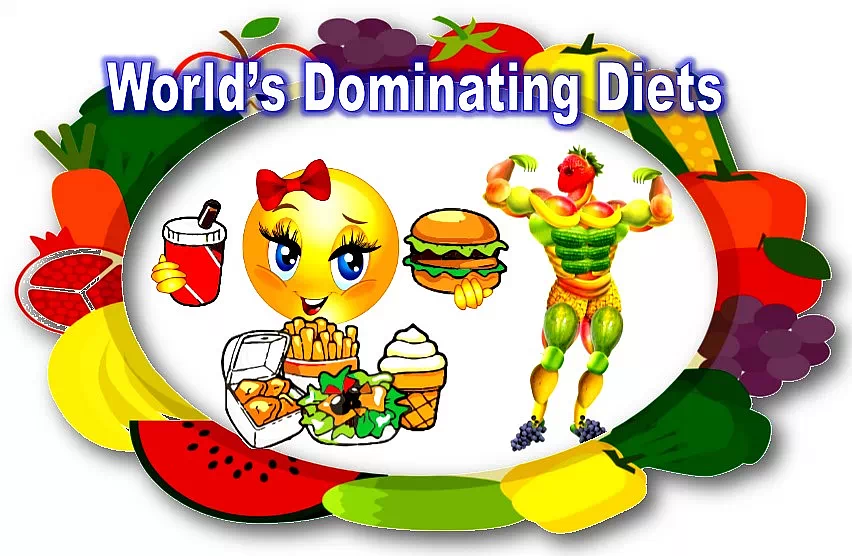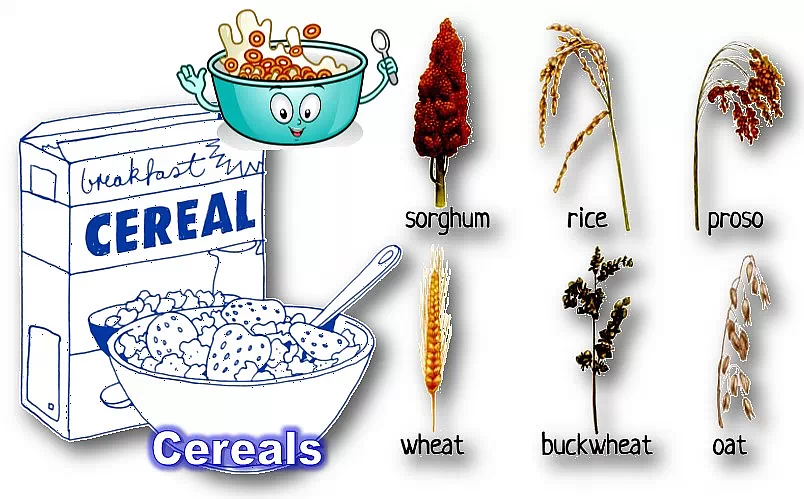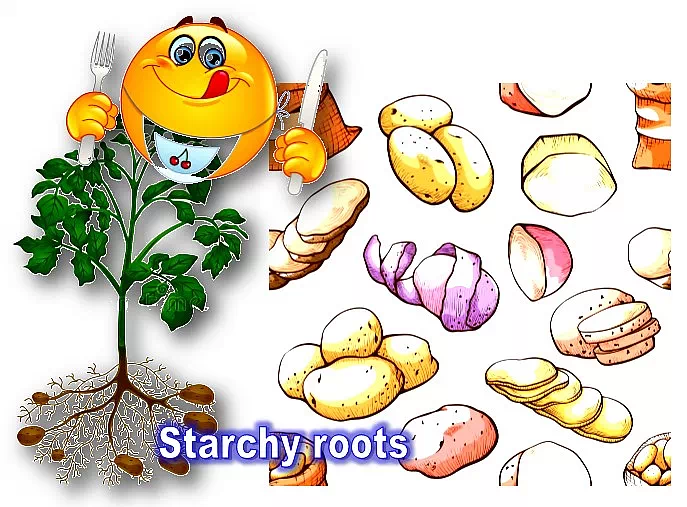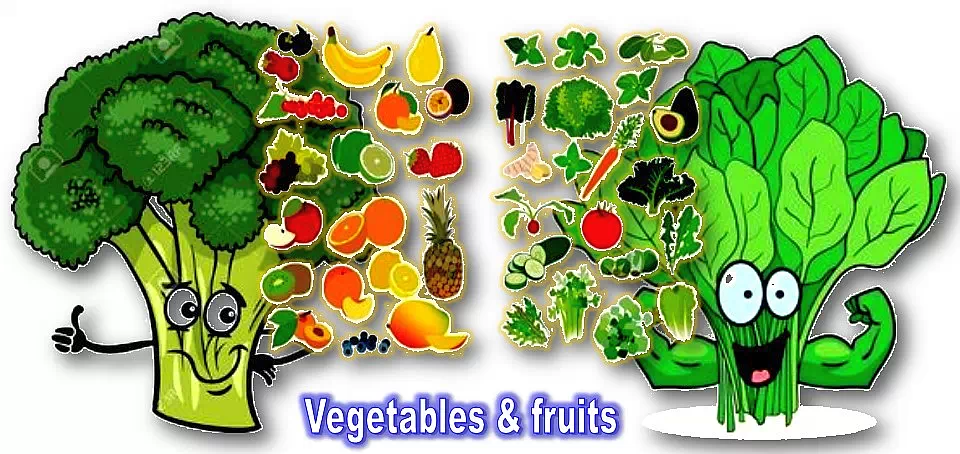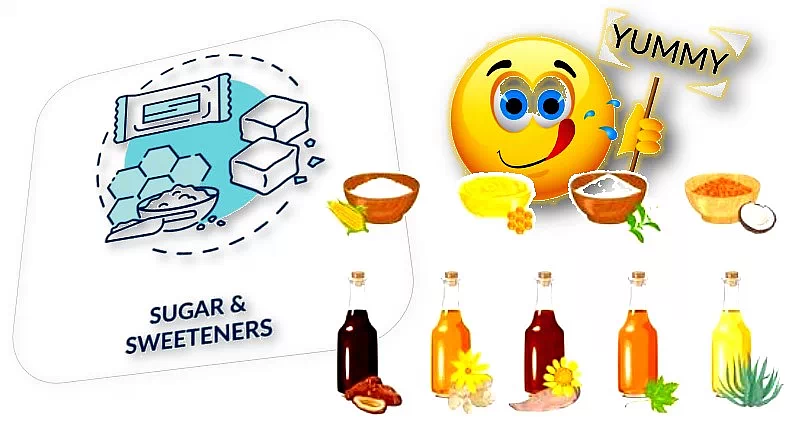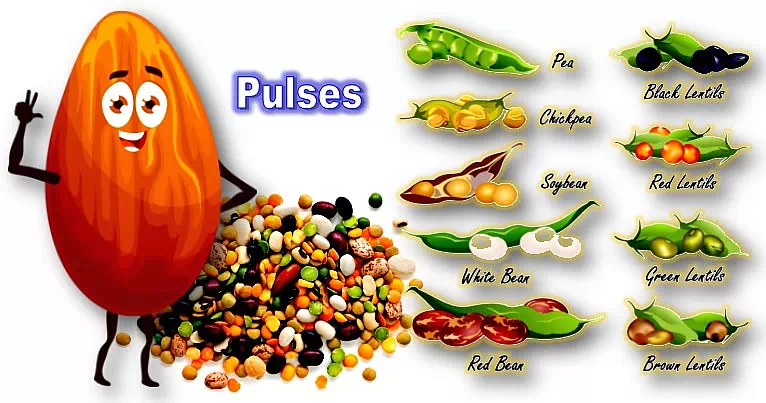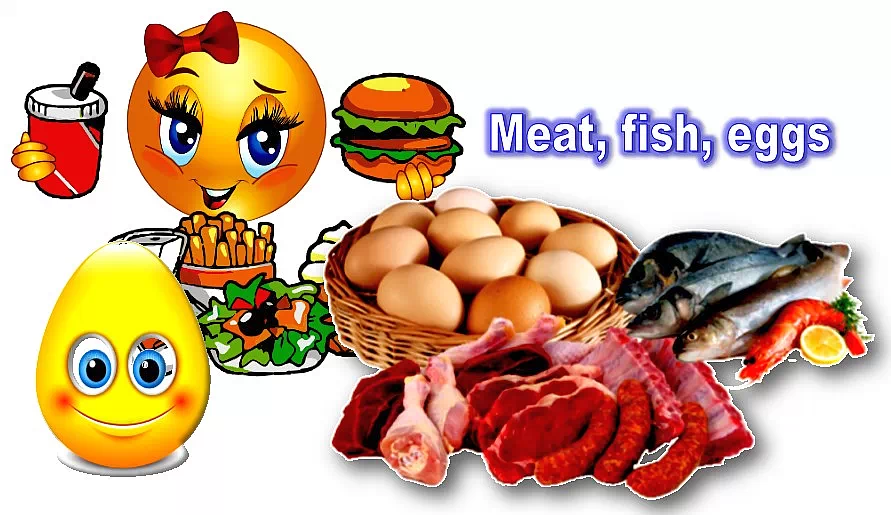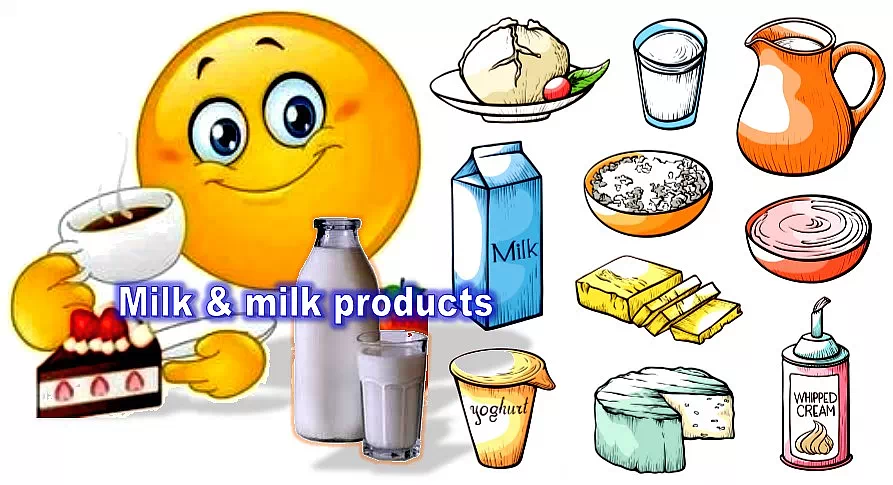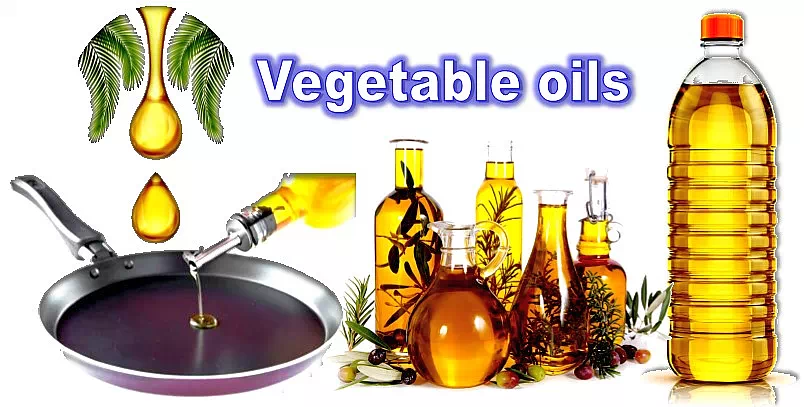World’s Dominating Diets & Nutritional Values
Everyone expects to have a healthy life. Selection of food ingredients gives/decides the amount of energy required on daily basis.
The effective functioning of the body is influenced by the intake of nutrients obtained from the food taken.
What is meant by nutrition?
Nutrition is the process of obtaining or providing the food necessary for health and growth.
It includes everything that is connected with the food from the time it is consumed until it is utilized for the performance of various functions in the body.
What are the important nutrients?
Water, proteins, fats, carbohydrates, minerals, and vitamins are important nutrients. Totally there more than 40 nutrients are supplied depending on the foods we take.
For an energetic living and good physical health thousands of materials from the nutrients are used by our body.
The difference between food and diet:
Food:
It is any nutritious substance taken by people, animals or plants to live and grow.
Diet:
It is the kinds of food that a person, animal, or community habitually eats. It is the composition of all essential food ingredients to achieve right amount of energy that helps in running bodily function daily.
What is good diet?
Good diet not only involves eating nutritionally appropriate food but it also includes not to consume food during inappropriate timings, working for long hours without eating food, and having inadequate sleep. The meal taken by us is to be adequate in nutritional values and also to meet the requirement of proper functioning of the body.
The essential constituents of daily diet:
Proteins, fats, carbohydrates, vitamins, and minerals should be the essential constituents of one’s daily diet.
Bad eating habits are on rise due to the fast moving life style. Inappropriate diet destroys health. A good diet is decided by the amount of physical activity and nature of work and work patterns.
Ancient Peoples’ Diet:
In the past, to acquire food our early ancestors used to hunt and gather food for their living. Men were usually food hunters and women food gatherers.
In later years, they learned to make tools to prepare food. They took sophisticated diet high in calories such as fats, proteins, and carbohydrates. Families and communities reinforced by the invention of cooking.
The development of agriculture and division of labor accelerated the rise of great civilizations. The development of agriculture was first witnessed between 10,000 BCE and 3000 BCE in Asia, Africa, and Europe. It led to the birth of villages, towns, cities, and city-states. People started trading and doing other professional jobs.

Modern Diet:
This is all past. Today the food scenario is much sophisticated and versatile. Our diet is diversified in many ways.
World’s diet, today, is dominated by cereals, sweets, and starches. Global food trading erased boundaries. Now diet is being shared high in processed sugars, salt, dairy product, and meat around the world.
An abundance of food is created by the mechanized agriculture. Rice is the main food for about half the world’s population. Wheat is the most widely cultivated grain. Corn or maze has spread around the world. Sugar and sweeteners have taken a large part of the people’s diet worldwide. Meat and milk share about a fifth of the daily diet of people especially in developed countries.
Classification of food on the basis of performance and functions of the body:
Foods are classified into 3 groups according to the physiological functioning of the body.
1. Energy Yielding Foods:
These foods are rich in carbohydrates and fats.
The energy necessary for the existence of body to sustain the involuntary processes is provided by these foods. They are also required to fulfil the professional, household and recreational activities.
Examples:
Wheat, pulses, cereals, roots, tubers, dried fruits, oils, butter and ghee.
The oxidation of these foods consumed supplies the energy needed by the body.
2. Body Building Foods:
Foods that are rich in proteins of superior quality are called body building foods.
Examples:
Milk, meat, eggs, fish, pulses, and nuts.
Milk, meat, eggs, and fish are rich in proteins of superior quality.
Pulses and nuts are also good source of protein but are not of enhanced quality.
These foods provide energy required for the daily life activities.
3 Protective and Regulatory Foods:
These foods are rich in protein, minerals, and vitamins.
They are very essential for health and maintenance of body temperature, muscle contraction, water balance, clotting of blood, removal of wastes, maintaining heartbeat, and other body regulatory activities.
Examples:
Milk, egg, liver, fruits and vegetables, etc.
- Balanced diet provides all the essential nutrients to perform the physical and mental activities effectively.
- In addition to nutrients, a person’s diet is influenced by their life style and the environmental factors.
- For example, some researches have shown that people who work long hours with a computer can often take tea in between to stimulate their thinking power and perform tasks efficiently.
It has been advised by the WHO (World Health Organization) that healthy dietary habits along with proper physical activity and avoiding smoking could prevent 90% of diabetes type 2,
80% of cardiovascular diseases and
30% of cancer diseases.
The knowledge and awareness regarding consumption of healthy and nutritious diet enables us to lead a healthy and active life.
The Dos about a proper diet:
- The consumer should have enough knowledge of the physical and chemical composition of the nutrients in the food.
- We should know how to cook the food we eat without losing the nutritional values.
- To regulate and effectively utilize the nutrients boiled milk should be used in preparing tea or coffee because boiling of milk breaks down the fat in it and makes it easier to digest.
- We have to maintain optimum nutrition by taking well-balanced, adequate and secure food to lead life with high quality.
- Malnutrition leads to undernourishment. Deficit or extreme consumption of nutrients is called malnutrition.
- Over nutrition leads to obesity. Eating excessive calories (food) with inadequate physical activity is called over nutrition. It may lead other complications such as high blood pressure, metabolic syndrome, cardiovascular diseases, diabetes, etc.
- Food which is not having enough nutrients is called under nutrition. It leads to deprived health conditions with decreased physical and mental development.
The major foods, today, people depend on are:
Cereals, starchy roots & tuber crops, vegetables, sugar & sweeteners, pulses, meat, milk, vegetable oils, and others.

